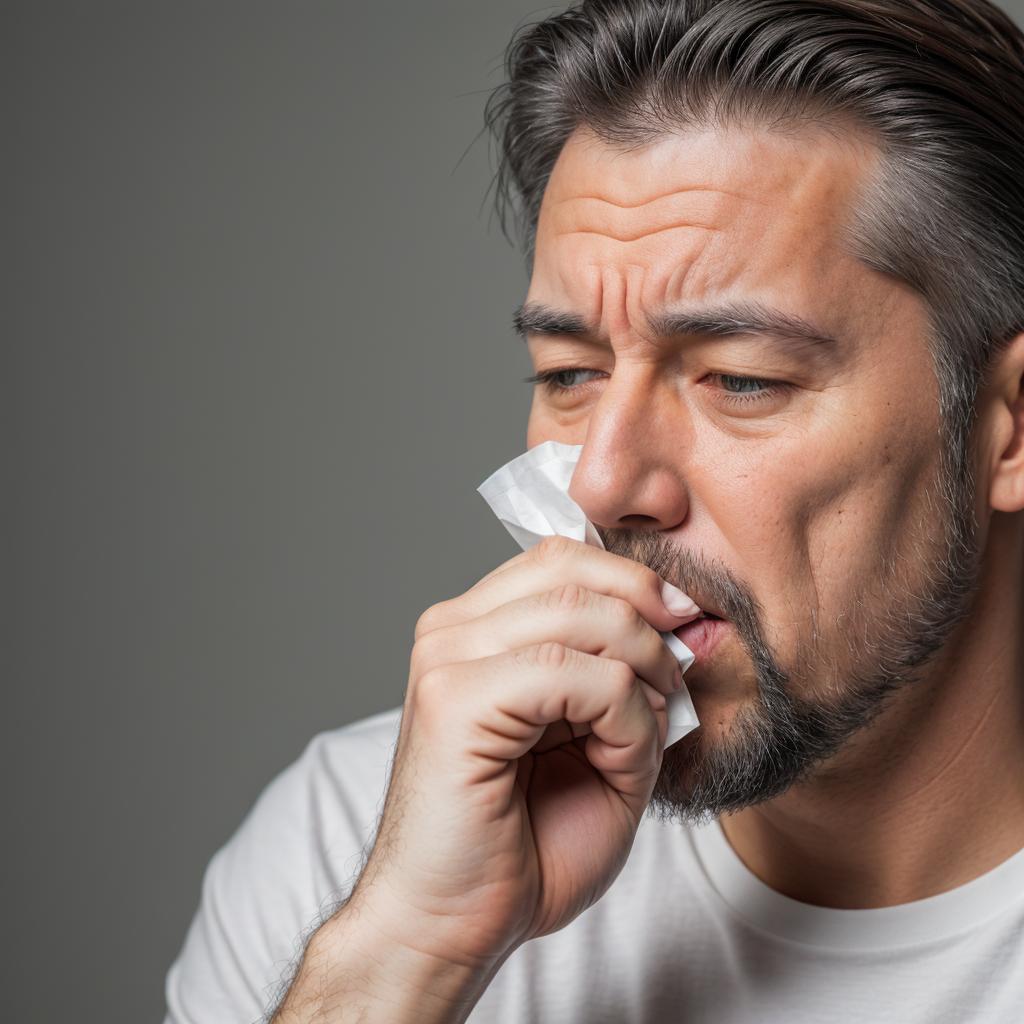

Understanding allergic reactions to caffeine
Caffeine is a widely consumed stimulant found in various beverages and foods, including coffee, tea, energy drinks, and chocolate.
While many people enjoy the boost in energy and alertness that caffeine provides, some individuals may experience allergic reactions to this compound. Allergic reactions to caffeine can vary in severity and may manifest differently from person to person. Recognizing the symptoms of caffeine allergy is crucial for proper diagnosis and management.
Common symptoms of caffeine allergy
Skin Reactions: One of the most common signs of caffeine allergy is skin-related symptoms, such as hives, itching, or eczema. Individuals may experience redness, swelling, or a rash shortly after consuming caffeine-containing products.
Respiratory Issues: Some people may develop respiratory symptoms after ingesting caffeine, including wheezing, difficulty breathing, or a tightness in the chest. These symptoms can range from mild to severe and may resemble those of asthma.
Digestive Problems: Allergic reactions to caffeine can also affect the digestive system, leading to symptoms such as nausea, vomiting, diarrhea, or abdominal pain. These gastrointestinal symptoms may occur shortly after consuming caffeine-containing products.
Headaches and Migraines: Caffeine withdrawal is a well-known trigger for headaches and migraines in some individuals. However, for those with caffeine allergy, consuming even small amounts of caffeine can also trigger headaches or exacerbate existing migraine symptoms.
Anxiety and Nervousness: While caffeine is known for its stimulant effects, some people may experience heightened anxiety, nervousness, or restlessness as a result of caffeine allergy. These psychological symptoms can occur shortly after consuming caffeine and may persist for several hours.
Diagnosis and management
If you suspect that you may have an allergy to caffeine based on the symptoms you experience after consuming caffeinated products, it’s essential to consult with a healthcare professional for proper diagnosis and management. Your doctor may recommend the following steps:
Allergy Testing: Allergy testing, such as skin prick tests or blood tests, can help determine whether you have a specific allergy to caffeine or other substances commonly found in caffeinated products.
Avoidance of Caffeine: The most effective way to manage caffeine allergy is to avoid consuming caffeine altogether. This includes avoiding not only coffee and tea but also other sources of caffeine, such as energy drinks, soda, and certain medications.
Medication: In some cases, your doctor may prescribe antihistamines or other medications to help alleviate allergic symptoms if they occur accidentally.
Read Labels Carefully: When grocery shopping or dining out, carefully read food and beverage labels to identify potential sources of caffeine and avoid products that contain it.
Educate Others: Make sure to inform friends, family members, and coworkers about your caffeine allergy, especially if you have severe symptoms that require immediate medical attention.
While caffeine is generally safe for most people when consumed in moderation, it can cause allergic reactions in some individuals. Recognizing the symptoms of caffeine allergy is crucial for proper diagnosis and management. If you experience any adverse reactions after consuming caffeine, consult with a healthcare professional for guidance on identifying and managing your allergy effectively. By taking appropriate precautions and avoiding caffeine-containing products, you can minimize the risk of experiencing allergic symptoms and enjoy better overall health and well-being.



